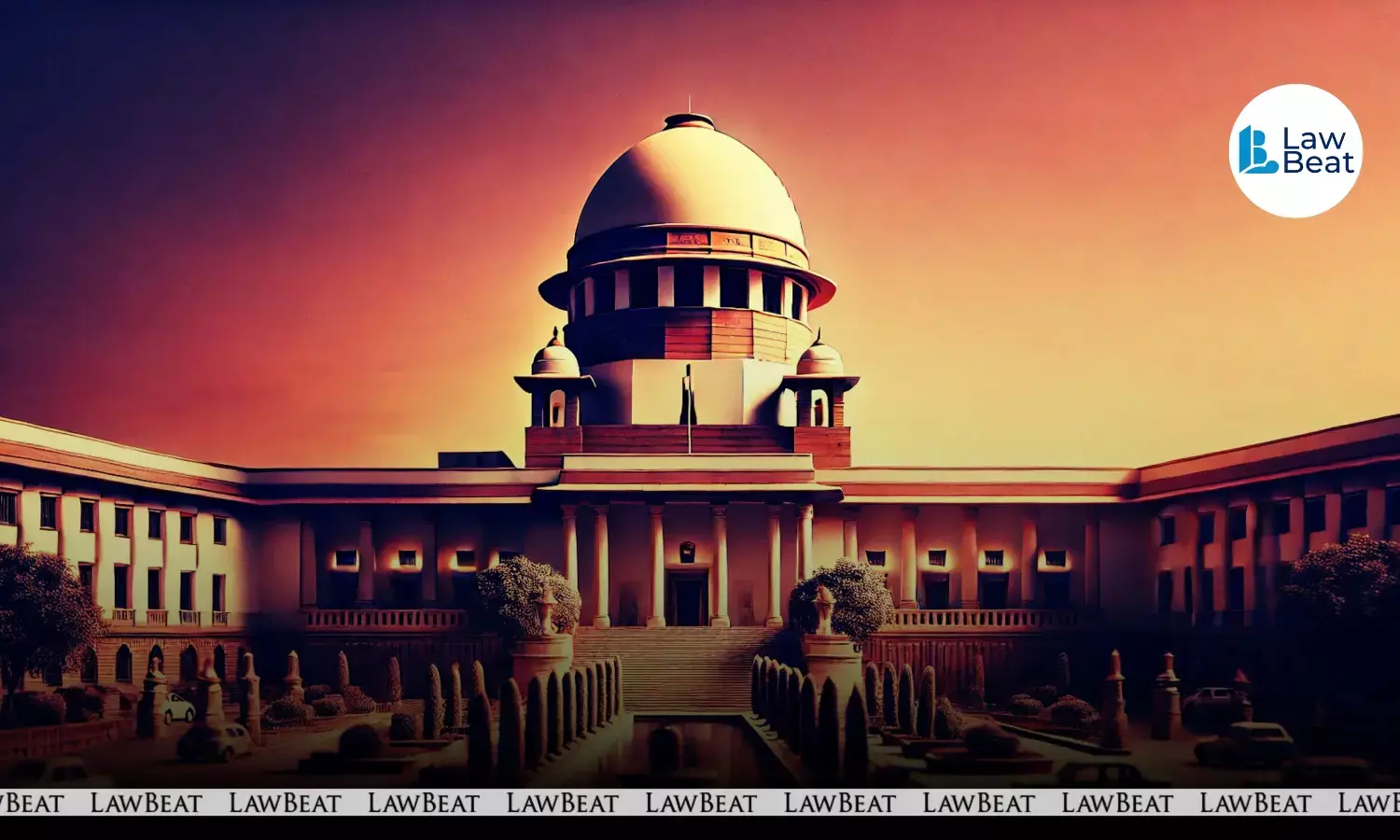Supreme Court refuses to interfere with Telangana govt's increase of Backward Class reservation to 42% in local bodies

SC adjourns Telangana phone tapping case as the SG informs Bench of key forensic evidence found against former intelligence chief Prabhakar Rao
The Supreme Court of India today dismissed a petition challenging the Telangana government’s decision to increase Backward Classes (BC) reservation to 42% in municipalities and panchayats, which raises total reservations in local bodies to 67%.
A bench comprising Justice Vikram Nath and Justice Sandeep Mehta refused to interfere with the government's decision.
Court was of the view that the petitioner could not directly invoke Article 32 of the Constitution when two similar writ petitions on the same issue were already pending before the Telangana High Court. "Learned counsel for the petitioner states that he may be permitted to withdraw the present petition under Article 32 of the Constitution of India, leaving it open for the petitioner to approach the jurisdictional High Court for appropriate reliefs", the bench noted in its order.
A petition was filed before the Supreme Court challenging the GO issued by the state government on 26 September 2025, which enhanced reservations for BCs to 42% in the local body elections, along with 15% for SCs and 10% for STs.
Accordingly, a direction was sought to the state government to hold the local body elections in accordance with Section 285A of the Telangana Panchayat Raj Act 2018, which prohibits exceeding the 50% reservation ceiling in local body elections.
The petitioners contended that the government’s move violated the 50% ceiling on reservations established by the Apex Court in previous judgments. However, the Court upheld the state’s decision.
In March this year, the Telangana Assembly had passed two bills on Monday - ‘Telangana Backward Classes, Scheduled Castes and Scheduled Tribes (Reservation of seats in educational institutions and appointments for posts in services under the state) Bill, 2025’ -- and the ‘Telangana Backward Classes (Reservation of seats in rural and urban local bodies) Bill, 2025’.
Telangana Chief Minister Revanth Reddy had hailed the passage of the reservation bill as a landmark moment in India’s social justice movement. “Telangana is proud to lead the social revolution in India. Be on the right side of history and let each one of us become a champion of this historic move,” he had said.
The move also drew sharp criticism from the opposition. Bharat Rashtra Samithi (BRS) MLC Kalvakuntla Kavitha accused the Congress of neglecting backward communities and said, “The then Congress party had ignored the Kalelkar Committee report. Indira Gandhi did not implement the BP Mandal Commission report for 10 years. Rajiv Gandhi gave a speech against BCs in Parliament. He argued that giving reservations to BCs would break up the country. It was done by the then UPA government in 2011 at a cost of ₹4,300 crores but the report has not been released till now.”
With the passage of these bills, the total reservations in Telangana now stands at 67%, surpassing the Supreme Court's previously established 50% cap on reservations. Telangana's decision was similar to states like Tamil Nadu where reservations exceed the 50 per cent limit by placing their laws in the Ninth Schedule of the Constitution to protect them from judicial review.
Case Title – Vanga Gopal Reddy vs. State of Telangana
Hearing Date: October 6, 2025
Bench: Justices Nath and Mehta
